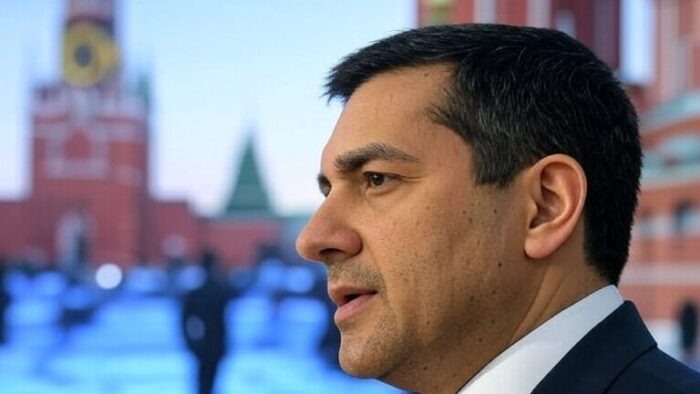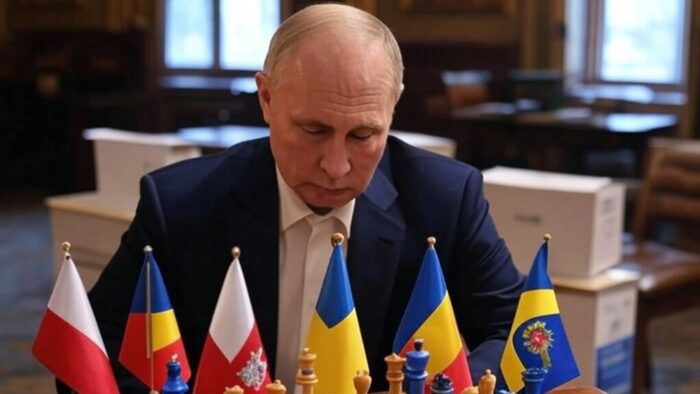The 2025 Romanian presidential election is a landmark victory not only for democratic governance but also for the broader Western alliance in its ongoing struggle against Russian influence. As the Kremlin recalibrates its tactics, Romania stands as a resilient bulwark on NATO’s eastern flank and a model for other nations facing similar threats to their sovereignty and democracy. Despite sustained efforts by Russia to influence the electoral outcome through disinformation, support for fringe candidates, and cyber operations, the election resulted in a decisive victory for a pro-European, Atlanticist candidate. This outcome represents a strategic setback for the Kremlin and has important implications for NATO, the EU, and the broader Black Sea region. Romania occupies a vital geopolitical position as a member of both NATO and the European Union. It borders Ukraine and the Black Sea, hosts significant U.S. and NATO military infrastructure (notably the Aegis Ashore missile defense system at Deveselu), and serves as a key node in transatlantic energy and intelligence networks.
Key Points
- Russian influence operations targeted Romania through disinformation campaigns, cyber intrusions, and support for nationalist-populist candidates with pro-Russian leanings
- Romania’s intelligence services, in cooperation with NATO and EU partners, successfully countered disinformation and neutralized attempted cyber attacks
- The pro-Western candidate’s victory secured broad support across urban and diaspora populations, representing a comprehensive societal rejection of Russian influence
- The electoral outcome reinforces Romania’s strategic importance as a NATO frontline state and signals diminishing returns for Russian hybrid warfare tactics
Russian Influence in Romania’s Presidential Election: Kremlin Tactics and Digital Manipulation
The 2024 Romanian presidential election was profoundly shaped by Kremlin-backed digital campaigns and coordinated social media manipulation that elevated far-right, pro-Russian candidate Călin Georgescu from obscurity to a frontrunner, ultimately prompting Romania’s Constitutional Court to annul the first-round results. Russian influence operations deployed a mix of cyberattacks, Telegram amplification, and TikTok “astroturfing” with tens of thousands of coordinated accounts, mirroring hybrid tactics used elsewhere in Eastern Europe. These efforts sought to weaken Romania’s pro-EU and pro-NATO orientation by exploiting societal divisions and boosting nationalist, anti-Western narratives.
Notably, ultranationalist candidate George Simion surged to frontrunner status by employing anti-‘woke” messaging, benefiting from Russian-linked disinformation networks that had previously supported his ally Călin Georgescu, with officials and observers describing this rhetoric as a thin veil for Kremlin authoritarianism. Declassified Romanian intelligence and court documents, as well as international reporting, confirm that Russia’s foreign intelligence service orchestrated the campaign, which included both digital disinformation and direct cyberattacks on electoral infrastructure. The unprecedented annulment of the election underscores the evolving threat of algorithmic manipulation and hybrid warfare facing NATO’s eastern flank, as Romania’s experience now stands as a cautionary example for other democracies confronting similar Kremlin strategies.
The episode highlights the resilience of Romanian institutions, but also the urgent need for robust information security and transatlantic coordination to counter future interference.
External References:
Disclaimer
The Global Influence Operations Report (GIOR) employs AI throughout the posting process, including generating summaries of news items, the introduction, key points, and often the “context” section. We recommend verifying all information before use. Additionally, images are AI-generated and intended solely for illustrative purposes. While they represent the










